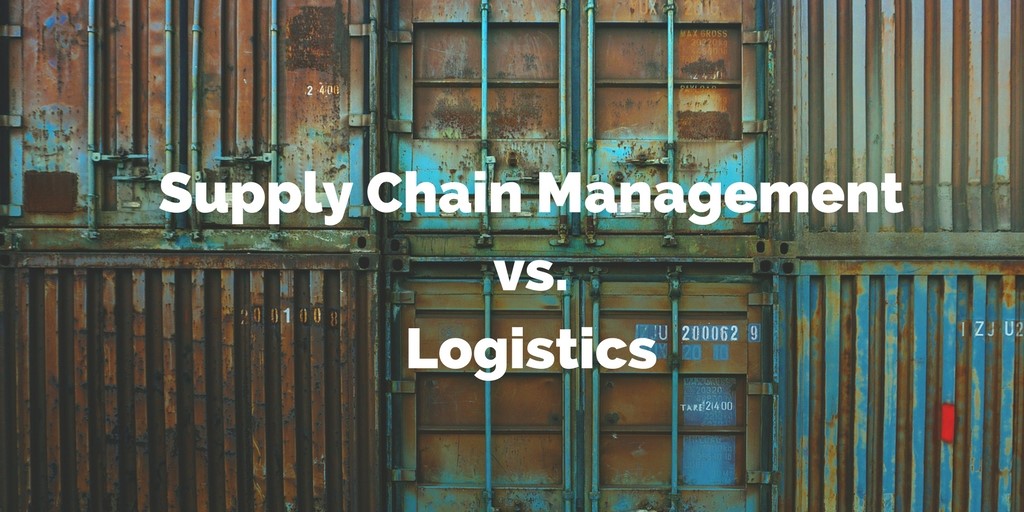When you order an item, a few days later you can be happy and satisfied with owning the item. It looks very simple, but behind every successful transaction is a series of activities that work together to ensure the final product from the point of production to your hands as quickly as possible. And those activities are called Logistics and Supply Chain Management, an important factor in ensuring the successful life cycle of products and services. With the help of this article, you will have a greater understanding of Jllproducts and its logistics sector.

What is logistics?
The process of organizing and carrying out the effective storage and movement of commodities from the point of origin to the point of consumption is known as logistics. Providing timely and cost-effective client service is the aim of logistics.
Moving military troops, supplies, and equipment was a crucial function originally performed by logistics. Despite its continued importance in the military, logistics is now more frequently used to refer to the movement of commercial items along the supply chain.

Many businesses offer this service to factories, merchants, and other sectors with significant transportation needs. Some companies own the entire infrastructure, including everything from trucks to warehouses to software and jet jets, while others just focus on one or two components.
Large manufacturers or merchants often own the majority of their logistics network. But most businesses delegate the task to outside logistics organizations (3PLs)..
Read more: Jllproducts suggests interior trends for coffee shops in 2023
Functions of logistics
The two main tasks of logistics are transportation and warehousing.
Planning, maximizing, and carrying out the utilization of vehicles to transport items between warehouses, retail establishments, and clients are the main objectives of transportation management. Ocean, air, train, and road modes of transportation are all possible.
It should come as no surprise that transportation management is a difficult process that entails route and shipment optimization, order administration, freight auditing, and payment. It can also include yard management, which regulates how cars are moved about the yards outside of factories, storage facilities, and distribution centers. Since the cost, availability, and capacity of transportation carriers can vary greatly, carrier management is a crucial component.

Since the documentation necessary to demonstrate compliance with governmental requirements frequently needs to be completed where commodities cross international borders or enter shipping ports, customs management, also known as global commerce management, is frequently seen as a component of logistics.
Read more: Handicrafts from Vietnam are not only beauty but also imprinted with our homeland’s culture
Why logistics is important
Despite the fact that timely, undamaged package delivery has always been crucial for the whole supply chain, it has recently become even more crucial as omnichannel commerce—with its same-day home or retail delivery of personalized goods bought from smartphones—becomes increasingly popular.

To fulfill the need for faster, more convenient delivery of a greater variety of goods, suppliers, manufacturers, distributors, and retailers have had to enhance their logistical procedures. To increase supply chain visibility, they also had to better connect their processes and systems.
Read more: Transforming cement materials into impressive decorative items for houses
Difference between logistics and supply chain management
An essential element of supply chain management is logistics management (SCM). Although the phrases are frequently used interchangeably, logistics is the study of how best to move goods and commodities. In contrast, supply chain management (SCM) includes a considerably wider range of supply chain planning (SCP) activities than does supply chain execution (SCE), which includes strategic sourcing and transportation management.

The logistics of items entering or leaving a facility are sometimes referred to as inbound and outbound, respectively. Reverse logistics, or the logistical procedures required to return a product for service, refurbishment, decommissioning, and recycling, is a crucial area.
Read more: Show sophistication and high – class to your home with natural wood interior design
About Jllproducts Logistics
Along with woodhouse and interior furnishings, logistics is one of our key services.

Customers who shop from Jllproducts may feel more confident knowing that we have a skilled logistics staff on call to assure delivery on time and address any challenges with import and export regulations. Additionally, we will assist you in completing customs clearance for air and marine transportation.
Read more: Complete Guide Of Furniture Style
Read more: 3 Popular Kitchen Interior Styles